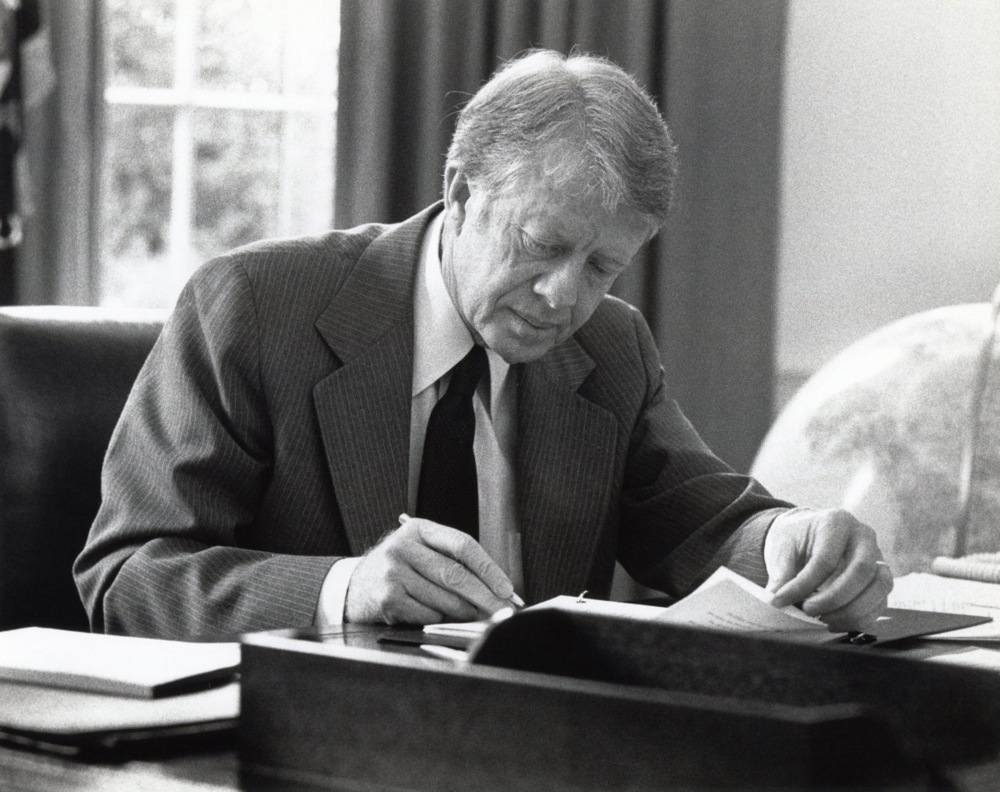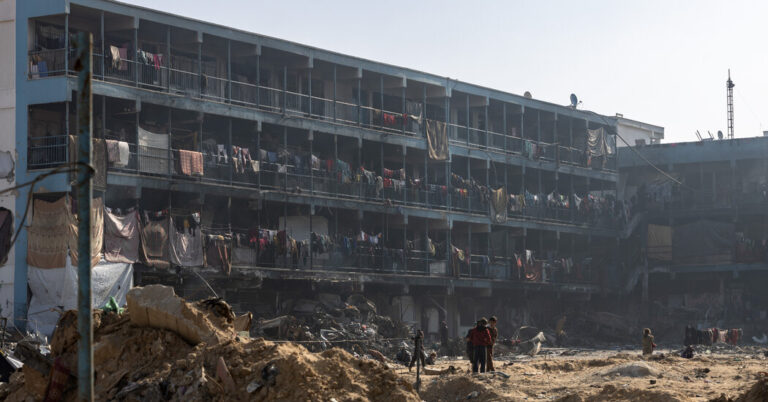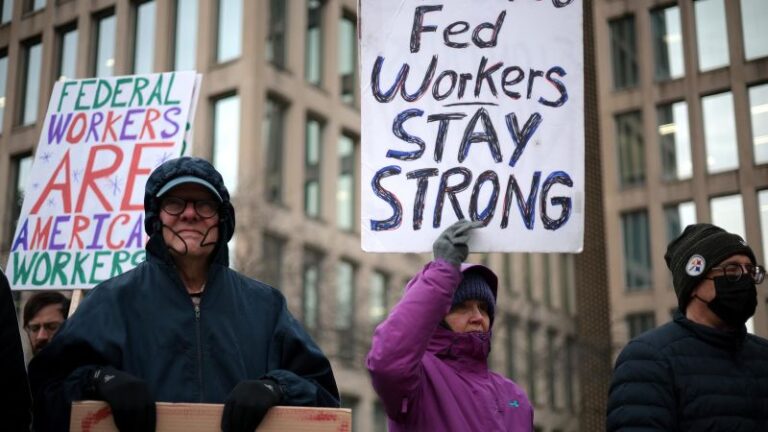
Jimmy Carter, the earnest Georgia peanut farmer who as US president struggled with a bad economy and the Iran hostage crisis but brokered peace between Israel and Egypt and later received the Nobel Peace Prize for his humanitarian work, died at his home in Plains, Georgia, on Sunday. He was 100.
US President Joe Biden directed that 9 January will be a national day of mourning throughout the United States for Carter, the White House said in a statement.
“I call on the American people to assemble on that day in their respective places of worship, there to pay homage to the memory of President James Earl Carter,” Biden said.
Carter, a Democrat, became president in January 1977 after defeating incumbent Republican President Gerald Ford in the 1976 election. His one-term presidency was marked by the highs of the 1978 Camp David accords between Israel and Egypt, bringing some stability to the Middle East.
But it was also dogged by an economic recession, persistent unpopularity and the Iran hostage crisis that consumed his final 444 days in office. Carter ran for re-election in 1980 but was swept from office in a landslide as voters embraced Republican challenger Ronald Reagan, the former actor and California governor.
Carter lived longer than any US president and, after leaving the White House, earned a reputation as a committed humanitarian. He was widely seen as a better former president than he was a president – a status he readily acknowledged.
World leaders and former US presidents paid tribute to a man they praised as compassionate, humble and committed to peace in the Middle East.
“His significant role in achieving the peace agreement between Egypt and Israel will remain etched in the annals of history,” said Egyptian President Abdel Fattah al-Sisi in a post on X.
The Carter Center said there will be public observances in Atlanta and Washington. These events will be followed by a private interment in Plains, it said.
In recent years, Carter had experienced several health issues including melanoma that spread to his liver and brain. His wife, Rosalynn Carter, died on 19 November 2023, at age 96. He looked frail when he attended her memorial service and funeral in a wheelchair.
Carter had been a centrist as governor of Georgia with populist tendencies when he moved into the White House as the 39th US president. He was a Washington outsider at a time when America was still reeling from the Watergate scandal that led Republican Richard Nixon to resign as president in 1974 and elevated Ford from vice president.
“I’m Jimmy Carter and I’m running for president. I will never lie to you,” Carter promised with an ear-to-ear smile.
Asked to assess his presidency, Carter said in a 1991 documentary: “The biggest failure we had was a political failure. I never was able to convince the American people that I was a forceful and strong leader.”
Carter won the Nobel Peace Prize in 2002 for his efforts to promote human rights and resolve conflicts around the world, from Ethiopia and Eritrea to Bosnia and Haiti. His Carter Center in Atlanta sent international election-monitoring delegations to polls around the world.
The Middle East was the focus of Carter’s foreign policy. The 1979 Egypt-Israel peace treaty, based on the 1978 Camp David accords, ended a state of war between the two neighbors.
Carter brought Egyptian President Anwar Sadat and Israeli Prime Minister Menachem Begin to the Camp David presidential retreat in Maryland for talks. Later, as the accords seemed to be unraveling, Carter saved the day by flying to Cairo and Jerusalem for personal shuttle diplomacy.
The treaty provided for Israeli withdrawal from Egypt’s Sinai Peninsula and establishment of diplomatic relations. Begin and Sadat each won a Nobel Peace Prize in 1978.
By the 1980 election, the overriding issues were double-digit inflation, interest rates that exceeded 20% and soaring gas prices, as well as the Iran hostage crisis that brought humiliation to America. These issues marred Carter’s presidency and undermined his chances of winning a second term.
Hostage crisis
On4 November 1979 revolutionaries devoted to Iran’s Ayatollah Ruhollah Khomeini stormed the US Embassy in Tehran, seized the Americans present and demanded the return of the ousted shah Mohammad Reza Pahlavi, who was backed by the United States and was being treated in a US hospital, in order to stand trial.
The American public initially rallied behind Carter. But his support faded in April 1980 when a commando raid failed to rescue the hostages, with eight US soldiers killed in an aircraft accident in the Iranian desert.
Carter’s final ignominy was that Iran held the 52 hostages until minutes after Reagan took his oath of office on 20 January 1981, to replace Carter, then released the planes carrying them to freedom.
In another crisis, Carter protested the former Soviet Union’s 1979 invasion of Afghanistan by boycotting the 1980 Olympics in Moscow. He also asked the US Senate to defer consideration of a major nuclear arms accord with Moscow.
Unswayed, the Soviets remained in Afghanistan for a decade.
Carter won narrow Senate approval in 1978 of a treaty to transfer the Panama Canal to the control of Panama despite critics who argued the waterway was vital to American security. He also completed negotiations on full US ties with China.
James Earl Carter Jr. was born on 1 October 1924, in Plains, Georgia, one of four children of a farmer and shopkeeper. He graduated from the US Naval Academy in 1946, served in the nuclear submarine program and left to manage the family peanut farming business.
He married his wife, Rosalynn, in 1946, a union he called “the most important thing in my life.” They had three sons and a daughter.
Not all of Carter’s post-presidential work was appreciated. Former President George W. Bush and his father, former President George H.W. Bush, both Republicans, were said to have been displeased by Carter’s freelance diplomacy in Iraq and elsewhere.
Carter wrote more than two dozen books, ranging from a presidential memoir to a children’s book and poetry, as well as works about religious faith and diplomacy. His book “Faith: A Journey for All,” was published in 2018.
(Edited by Georgi Gotev)



